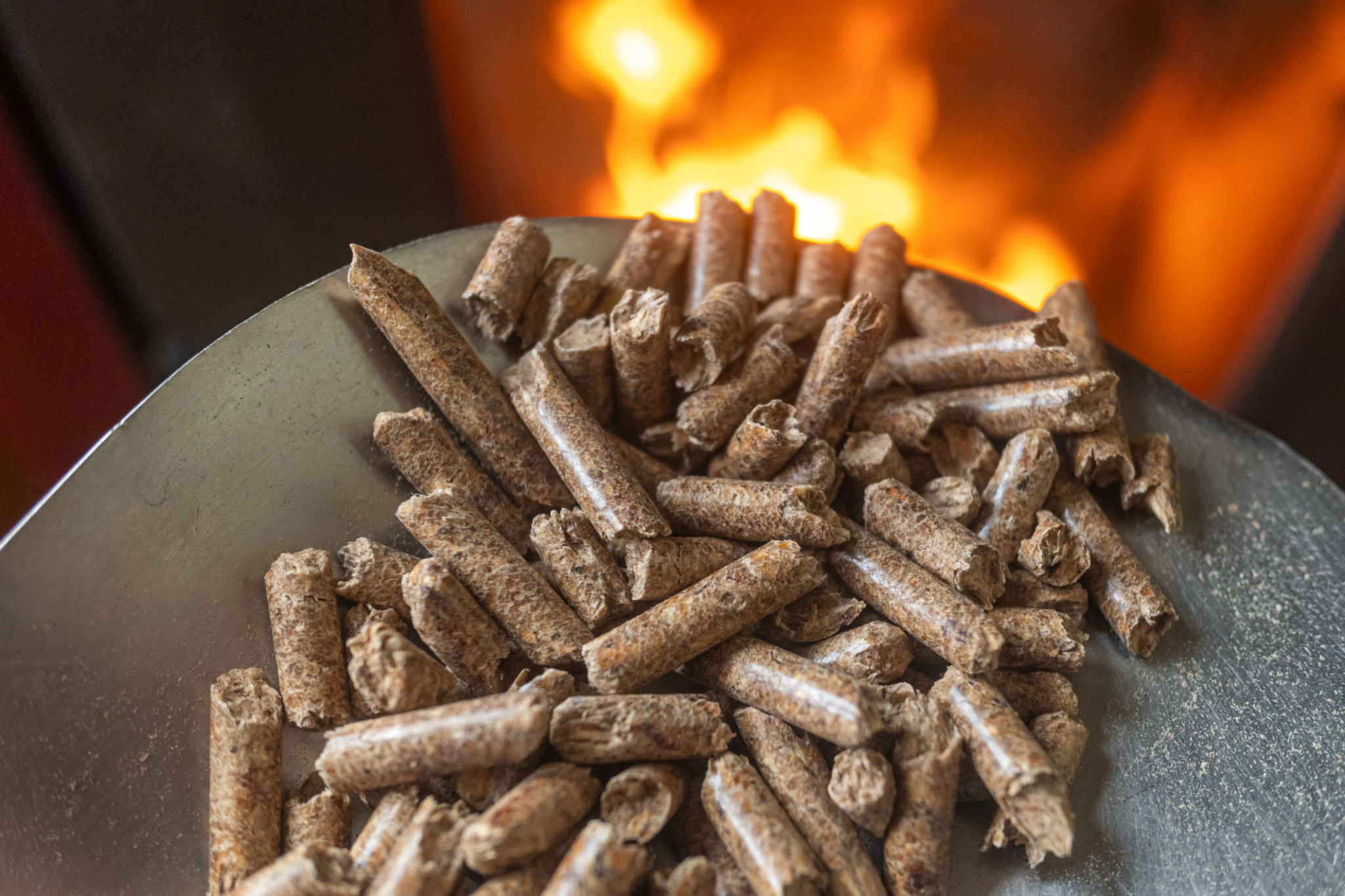The Environmental Benefits of Using Premium Wood Pellets
Understanding Premium Wood Pellets
As the world becomes increasingly aware of the need to adopt sustainable practices, the use of premium wood pellets has gained attention as an environmentally friendly energy source. These pellets are small, compressed pieces of wood that provide an efficient and clean-burning alternative to fossil fuels. Their production involves the use of byproducts from sawmills, which means they not only reduce waste but also minimize the need for deforestation.
Premium wood pellets are distinguished by their high quality and low moisture content, making them an excellent choice for heating systems in both residential and commercial settings. By using these pellets, consumers can significantly reduce their carbon footprint while enjoying a reliable source of energy.

Reduction in Greenhouse Gas Emissions
One of the most significant environmental benefits of using premium wood pellets is their potential to lower greenhouse gas emissions. When compared to traditional fossil fuels, wood pellets release considerably less carbon dioxide during combustion. This is largely due to the fact that the carbon dioxide emitted is offset by the carbon absorbed by the trees during their growth.
Moreover, the production process of wood pellets is designed to minimize emissions. Many manufacturers use renewable energy sources to power their facilities, further reducing the overall carbon footprint of these products. This commitment to sustainability makes premium wood pellets an attractive option for environmentally conscious consumers.

Promotion of Sustainable Forestry
The production of premium wood pellets supports sustainable forestry practices. By utilizing wood waste and byproducts from sawmills, pellet manufacturers help reduce the pressure on forests. This practice not only conserves natural resources but also promotes healthier ecosystems by reducing deforestation rates.
Additionally, many pellet producers adhere to strict forestry management guidelines, ensuring that the wood used in pellet production comes from sustainably managed forests. This commitment helps maintain biodiversity and prevents habitat destruction, ultimately contributing to a more balanced and resilient environment.

Efficient Energy Production
Premium wood pellets are known for their high energy density, which means they produce more heat per unit than other biomass fuels. This efficiency translates into less fuel consumption and fewer emissions. The low moisture content in premium pellets also contributes to cleaner combustion, resulting in less ash and fewer pollutants released into the atmosphere.
This efficiency not only benefits the environment but also provides cost savings for consumers. By requiring fewer pellets to generate the same amount of heat as other fuels, users can reduce their heating costs while minimizing their environmental impact.
Supporting Local Economies
The production and use of premium wood pellets can have positive economic impacts on local communities. Many pellet manufacturing facilities are located in rural areas, providing jobs and supporting local economies. The demand for sustainably sourced wood also encourages responsible land management and creates opportunities for landowners to diversify their income streams.
By choosing premium wood pellets, consumers are not only investing in a sustainable energy source but also supporting economic growth in communities that rely on forestry and related industries. This holistic approach to sustainability ensures that both environmental and social benefits are realized.

Conclusion: A Sustainable Choice
In summary, the use of premium wood pellets offers numerous environmental benefits, from reducing greenhouse gas emissions to promoting sustainable forestry practices. Their efficient energy production and support for local economies further enhance their appeal as a renewable energy source.
As consumers continue to seek ways to reduce their environmental impact, premium wood pellets provide a viable solution that aligns with broader sustainability goals. By making the switch to this eco-friendly fuel option, individuals and businesses alike can contribute to a healthier planet while enjoying reliable and cost-effective heating solutions.